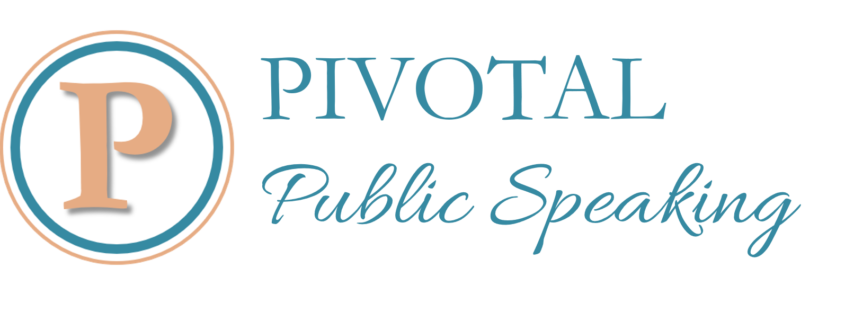3 Branding stories speakers need in every speech to move hearts and get results.

Who are you?
And what stories are you telling about yourself?
If you want to move hearts
and/or make profits
when you speak,
your audience needs to know who you are,
so that they can give you their full attention, engagement and trust.
It’s the same with any communication. When you meet someone, socially, or to do business, you need to know who they are so you can deal with them for the best outcome.
Baldly put, from the moment you begin, to your last word, gesture, interaction, your audience is choosing whether or not they will listen, engage, respond, buy, change grow, do in the way that you are requesting of them.

They aren’t doing it consciously, of course.
And I’m sure you have been in an audience yourself
one where you have felt – the energy, freedom, light-bulb feelings
or you may have felt the sudden or gradual disconnect, discontent, feeling of awkwardness and it becomes the distinct knowledge that you do not like – know – trust this speaker.
You may politely have stayed and listened before escaping. You may have got up and walked away.
And as a speaker,
you may have felt the exhilaration, glow and fulfillment of engaging with your audience, having them lean in to what you are saying, your message.
You may have also felt the opposite, an audience who, at the very most, are blandly polite, and from whom you have zero results, follow-up or rehires.
So you know that this does happen, you’ve seen and felt the process and the results.
It can be daunting, and oftentimes confusing, not knowing just where the disconnect was, or how you can increase your engagement, connection and influence, inspiration and success.
In many cases this lack of connection is because the speaker has missed one of those basic, but essential, elements of communicating their character and their unique brand.
The first story that we need to tell to establish that character and brand is
In marketing terms it is called “Be liked”
In Aristotle’s study of Rhetoric it is “pathos”.
For us today, let’s call it emotion.
It’s probably the most easily felt when it’s at work and often feels the most powerful in terms of being liked and in terms of persuasion as well.
This is a speaker who is perceived as real, authentic, speaking in a real voice. They show their passion, share their stories, get personal.
They are responsive to the audience, engaging and taking an interest.
They show they care by being relevant to the audience, and their body language is real and authentic.
Nevertheless, on its own, pathos is not enough.
You will probably have heard that people buy on emotion and justify on logic.
But at the time, they are not consciously thinking that. They probably just feel unsettled, unsatisfied.
The second story that we need to tell is
In marketing terms it is called “Be known”
In Aristotle’s study of Rhetoric it is “logos”.
For us today, let’s call it logic.
This is probably the most automatic process of content creation and delivery that speakers use and the one most often taught by traditional speaking systems.
We need to make sense, logical sense.
This process appeals to reason. It uses fact and evidence to support its arguments and points made.
You would present formulae and empirical evidence.
Give your ideas names and labels, and provide case studies of their success.
It’s what your audience will use to justify their belief in you.
And finally, for your audience to trust you, the third story that you need to tell is
In marketing terms it is called “Be trusted”
In Aristotle’s study of Rhetoric it is “ethos”.
For us today, let’s call it ethical.
This is a speaker who keeps promises and delivers consistent quality.
There will be no plagiarism in their speeches and they develop very clear messages.
This person avoids jargon.
You can feel yourself knowing that this speaker is trustworthy.
You will know that you can trust your emotions to them and that the logic they delivered will consistently be delivered.
…..
I have used the word “know” there, in that last sentence. I used the word “conscious” earlier.
We have talked about these essentials that you need to attend to,
as if the deliberate process that you used to create them
were the same as the intellectual response that they produce in an audience
– deliberate and conscious –
and it’s not.
When you speak the stories about yourself with these techniques, it feels natural, woven as it is into the flow of your presentation.
And to your audience, again, it feels natural. They don’t notice that you are doing it deliberately (unless they are trained in public speaking and are assessing your skill!!!)
But the response is there all the same – a feeling, an emotion, a triggered response that will mean you have built connection, credibility, likeability and trust. (or not!!!)
And the feeling for you will be of satisfaction, of wholeness and of connected engagement and the power of delivering the result you planned.

